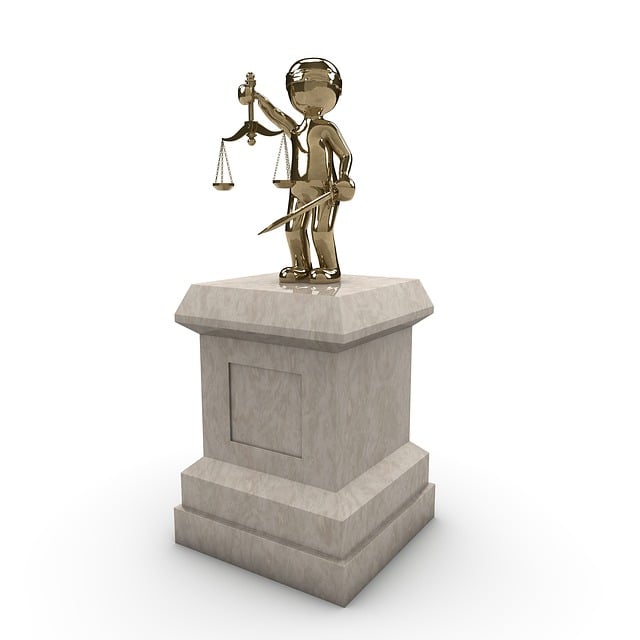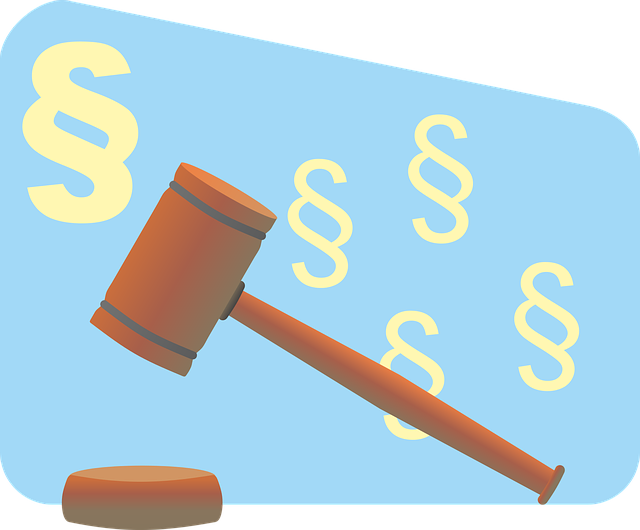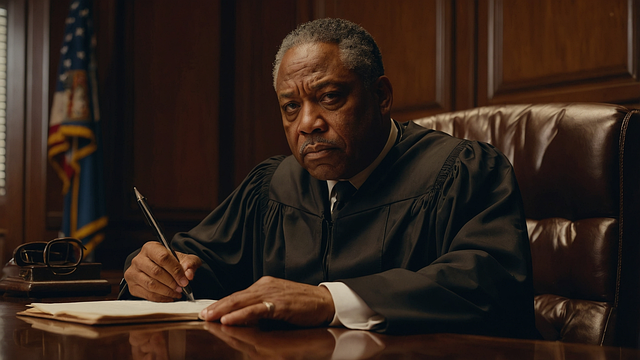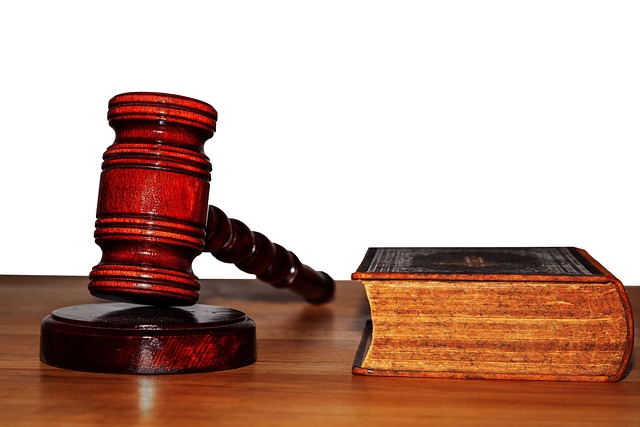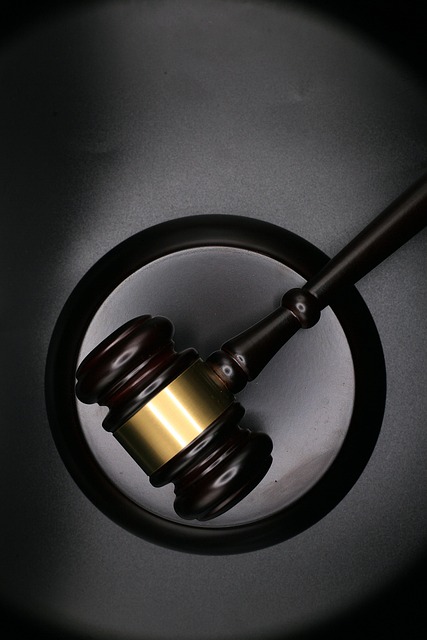Trademark infringement carries severe legal repercussions, including civil lawsuits with high damages and potential criminal charges. The digital age exacerbates these impacts, emphasizing the need for swift action. Financial crime investigations involve data analytics and interviews to uncover illicit activities like fraud and money laundering, with strict penalties and global cooperation reinforcing financial integrity. In cases of trademark infringement, investigators aim for justice, deterrence, and restorative measures, avoiding punitive actions through mediation or settlement negotiations.
“Uncover the intricate world of finance crime probes, specifically focusing on trademark infringement. This comprehensive guide delves into the foundational knowledge one needs to understand this complex issue. From recognizing basic trademark infringement to exploring the legal framework and common investigator tactics, we provide insights into effective enforcement mechanisms. Furthermore, learn about potential penalties and restorative measures, highlighting the significant legal consequences of such infringements. Stay informed as we navigate through this essential topic.”
- Understanding Trademark Infringement Basics
- Legal Framework and Enforcement Mechanisms
- Common Tactics Used by Investigators
- Potential Penalties and Restorative Measures
Understanding Trademark Infringement Basics

Trademark infringement is a serious matter with significant legal consequences. It occurs when someone uses a trademark owned by another entity without authorisation, causing potential confusion among consumers. This can take various forms, such as using a similar mark for identical or related goods and services, or reproducing an original design or logo. In the digital age, where brands have a powerful online presence, even minor infringements can have substantial impacts on businesses.
The legal repercussions of trademark infringement are extensive. Offenders may face civil lawsuits, resulting in damages to compensate for the harmed brand’s losses. For high-stakes cases, these disputes can extend into the millions or even billions of dollars. Moreover, individuals found guilty of willful infringement might also be exposed to criminal charges, highlighting the severity taken by the law to protect intellectual property rights. This is particularly relevant in the philanthropic and political communities, where brand reputation is instrumental for maintaining public trust and support.
Legal Framework and Enforcement Mechanisms
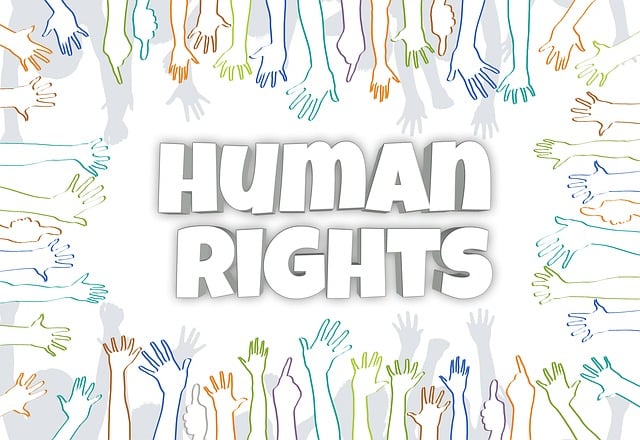
The legal framework for finance crime probes is a robust system designed to deter and prosecute illicit activities. It encompasses a range of statutes and regulations that target various forms of financial misconduct, including fraud, money laundering, and tax evasion. These laws not only prescribe strict penalties but also establish enforcement mechanisms such as regulatory oversight and investigative powers for law enforcement agencies. The Legal Consequences of Trademark Infringement, for instance, highlight the significance of intellectual property protection in the finance sector, with penalties ranging from monetary fines to imprisonment for severe cases.
Enforcement bodies, equipped with specialized units focused on white-collar crime, play a pivotal role in investigating and prosecuting financial crimes. Their unprecedented track record in securing convictions underscores the effectiveness of these mechanisms. Moreover, collaboration between national and international bodies ensures global reach in tackling financial crimes, leveraging the interconnectedness of modern finance. This collaborative approach extends beyond law enforcement, engaging the philanthropic and political communities to foster transparency, accountability, and ethical conduct in the financial landscape.
Common Tactics Used by Investigators

In finance crime probes, investigators employ a range of tactics to unearth fraudulent activities. One common method is the analysis of financial records and transactions, where patterns of unusual spending or discrepancies are scrutinized. They also leverage advanced data analytics tools to identify anomalies and potential red flags that may indicate illegal practices. Additionally, interviews with individuals involved in the financial ecosystem, including bankers, accountants, and business owners, play a crucial role in piecing together the narrative. These investigations often require a deep dive into complex financial structures and networks, demanding investigators have an extensive understanding of both legal frameworks and underground financial channels.
The goal for investigators is not just to uncover wrongdoing but also to ensure justice serves its course. While some cases may lead to unprecedented track records in terms of recoveries or penalties, the primary focus remains preventing future crimes. Those found guilty face severe legal consequences, including substantial fines and imprisonment. This acts as a deterrent, especially for those considering engaging in trademark infringement—a common area of financial crime where businesses steal intellectual property rights with malicious intent. Given the strict enforcement and potential for lengthy legal battles and damaging public relations, many criminals opt to avoid indictment by adhering to general criminal defense strategies, such as challenging evidence or arguing lack of intent.
Potential Penalties and Restorative Measures

The legal consequences of trademark infringement can be severe, with potential penalties including substantial fines, asset seizures, and even imprisonment for individuals found guilty. In cases involving white collar and economic crimes, prosecutors often pursue civil and criminal actions to deter future violations and compensate affected parties. For corporate clients, these measures can significantly impact their public image and financial stability, underscoring the importance of robust trademark protection strategies.
Restorative measures play a crucial role in addressing trademark infringement. Besides legal remedies, affected entities may seek reconciliation through mediation or settlement negotiations. In some instances, restorative practices enable parties to resolve disputes amicably, focusing on compensatory actions rather than punitive measures. This approach is particularly relevant for both corporate and individual clients seeking to mitigate the adverse effects of such crimes while upholding their legal rights.
Trademark infringement, a serious financial crime, requires a robust understanding of both legal frameworks and investigative tactics. By recognizing common strategies employed by perpetrators and the potential penalties associated with these offenses, businesses can better protect their intellectual property. Effective enforcement mechanisms, coupled with awareness of the legal consequences of trademark infringement, play a crucial role in maintaining a fair and competitive marketplace.
